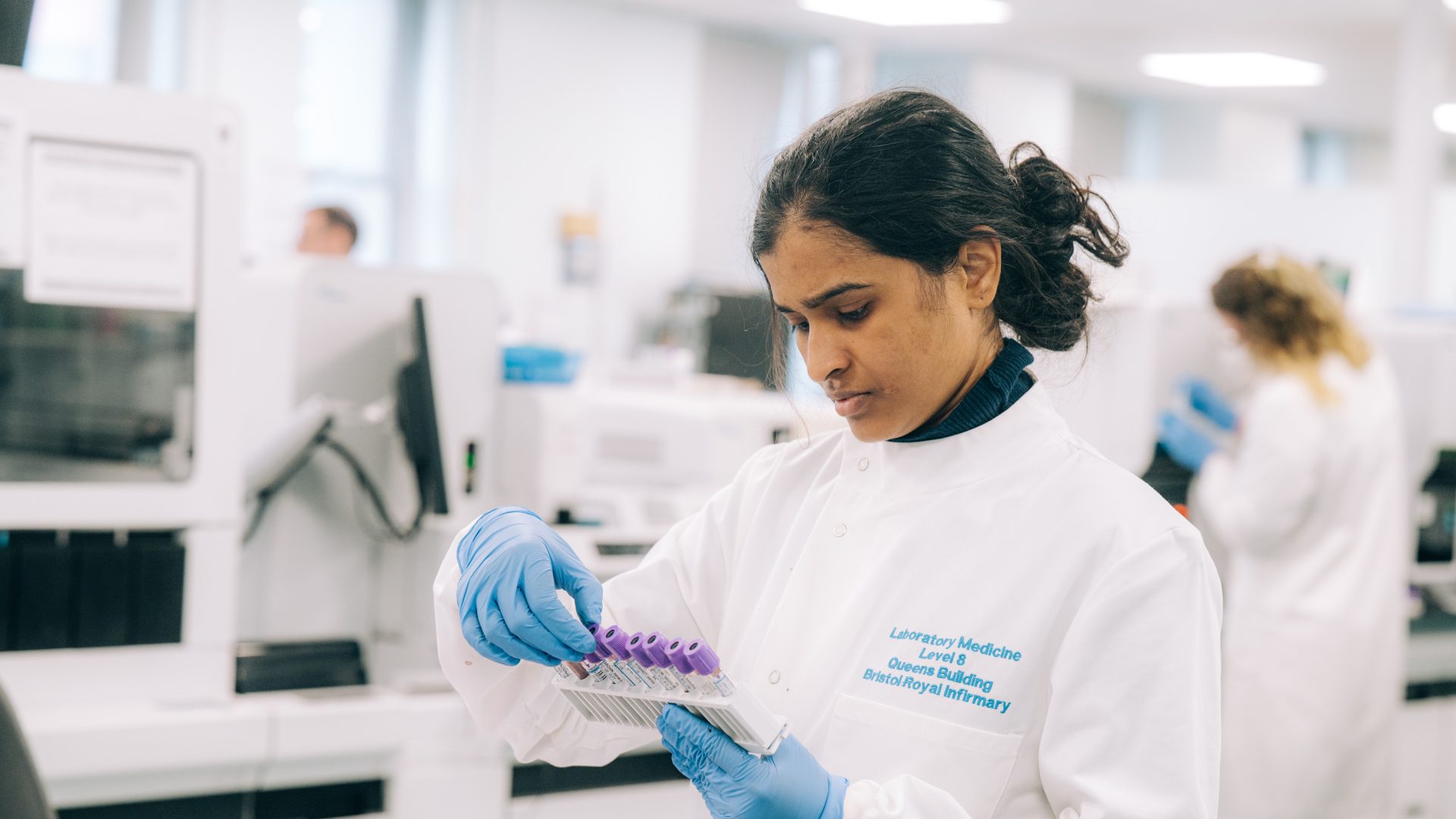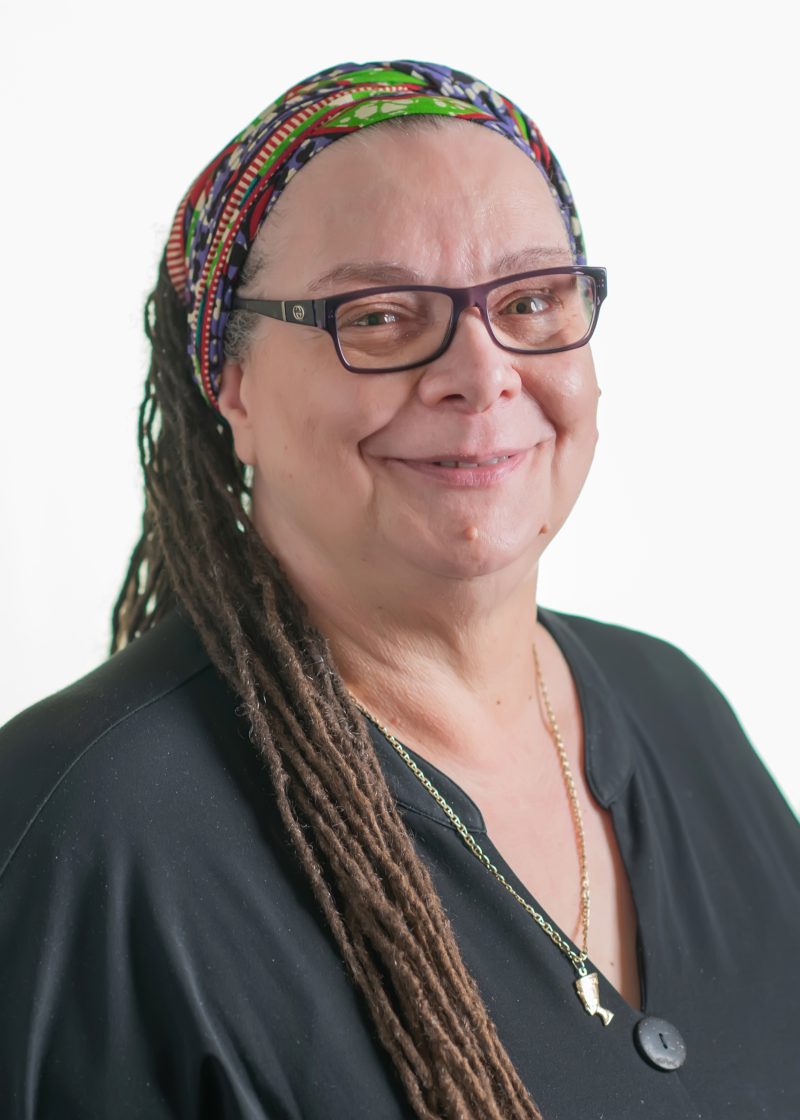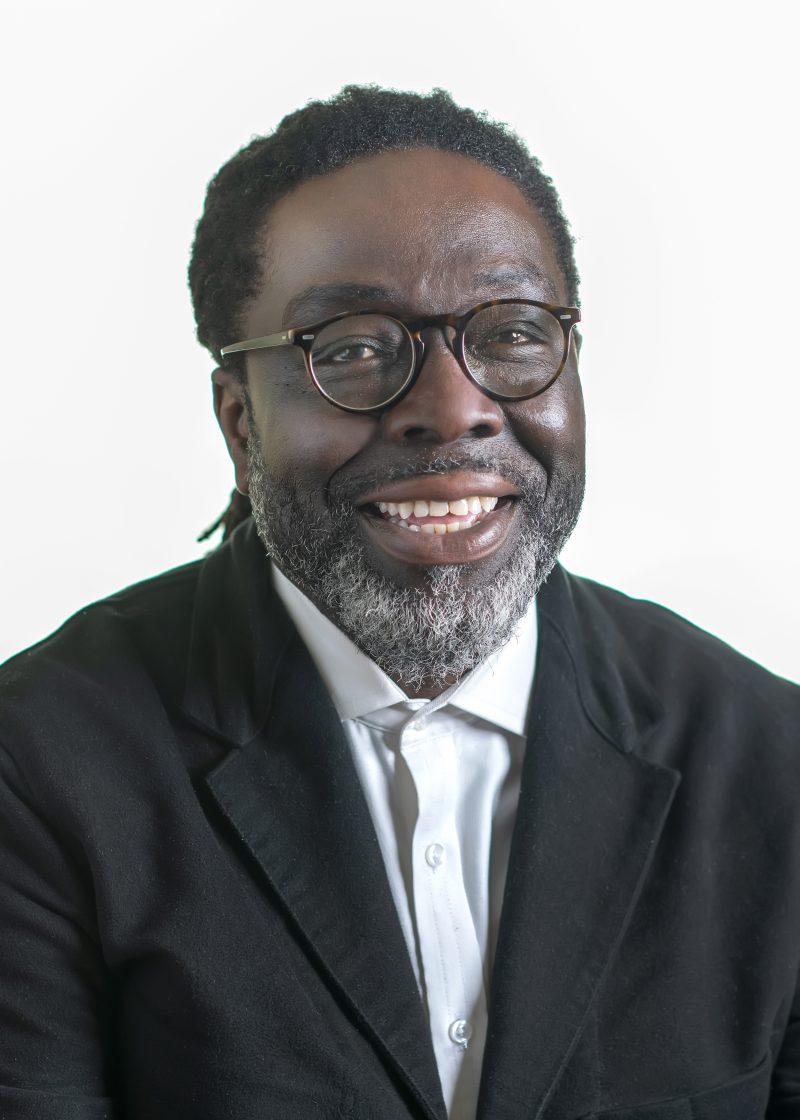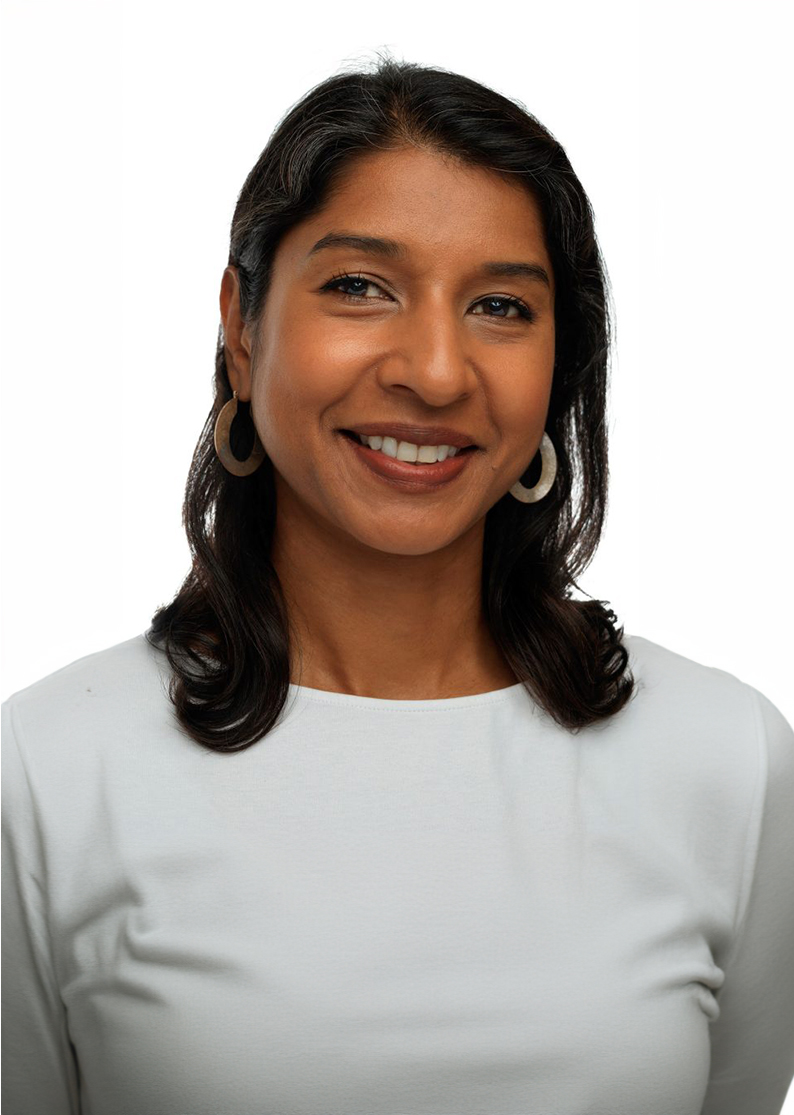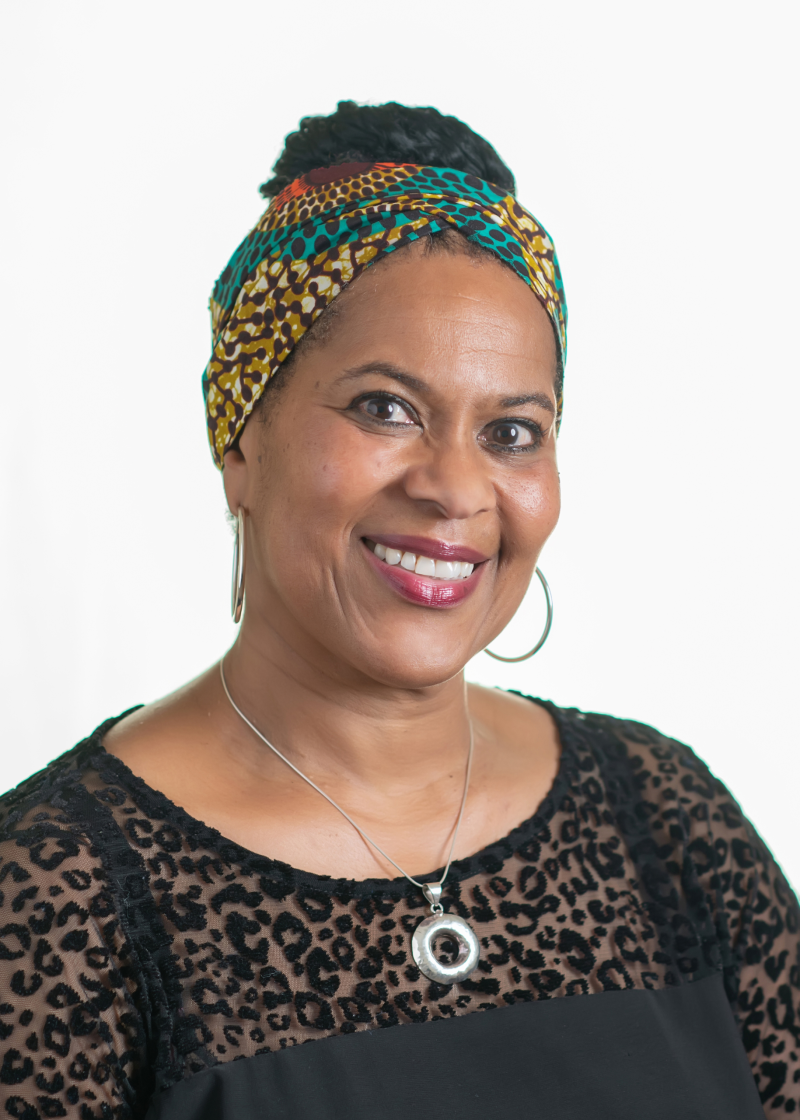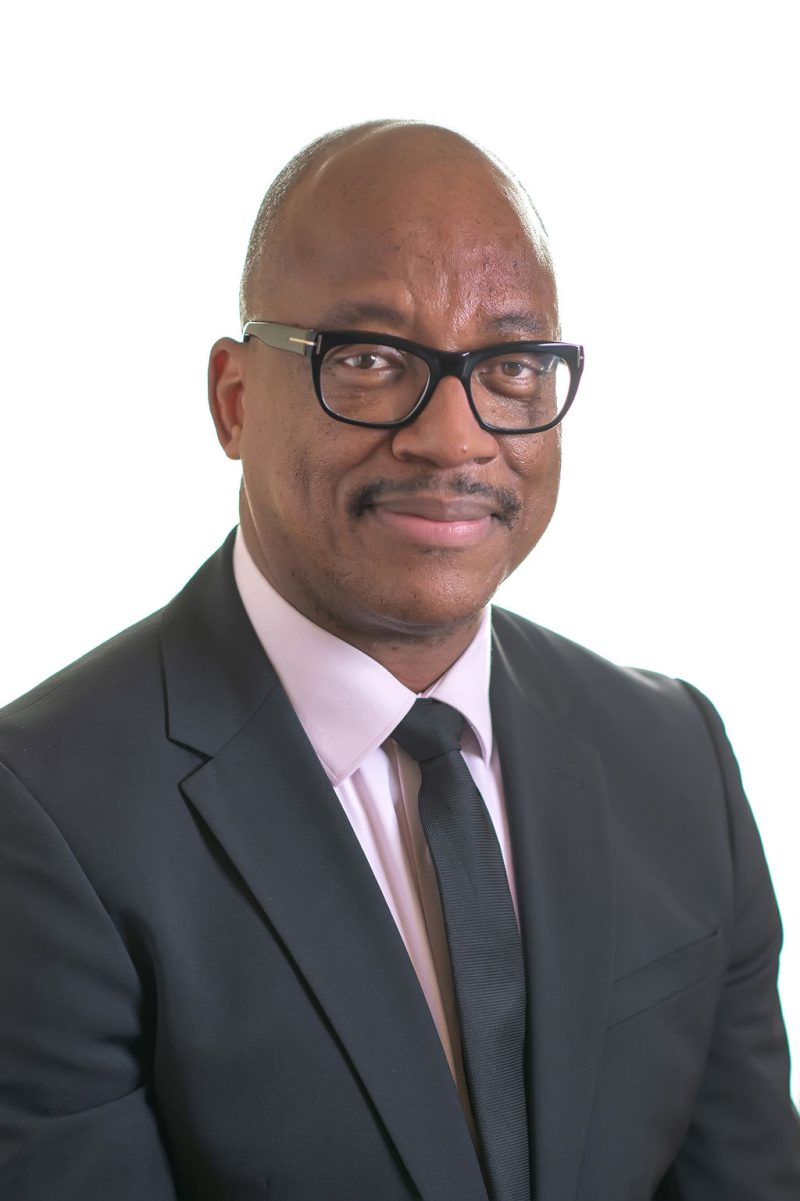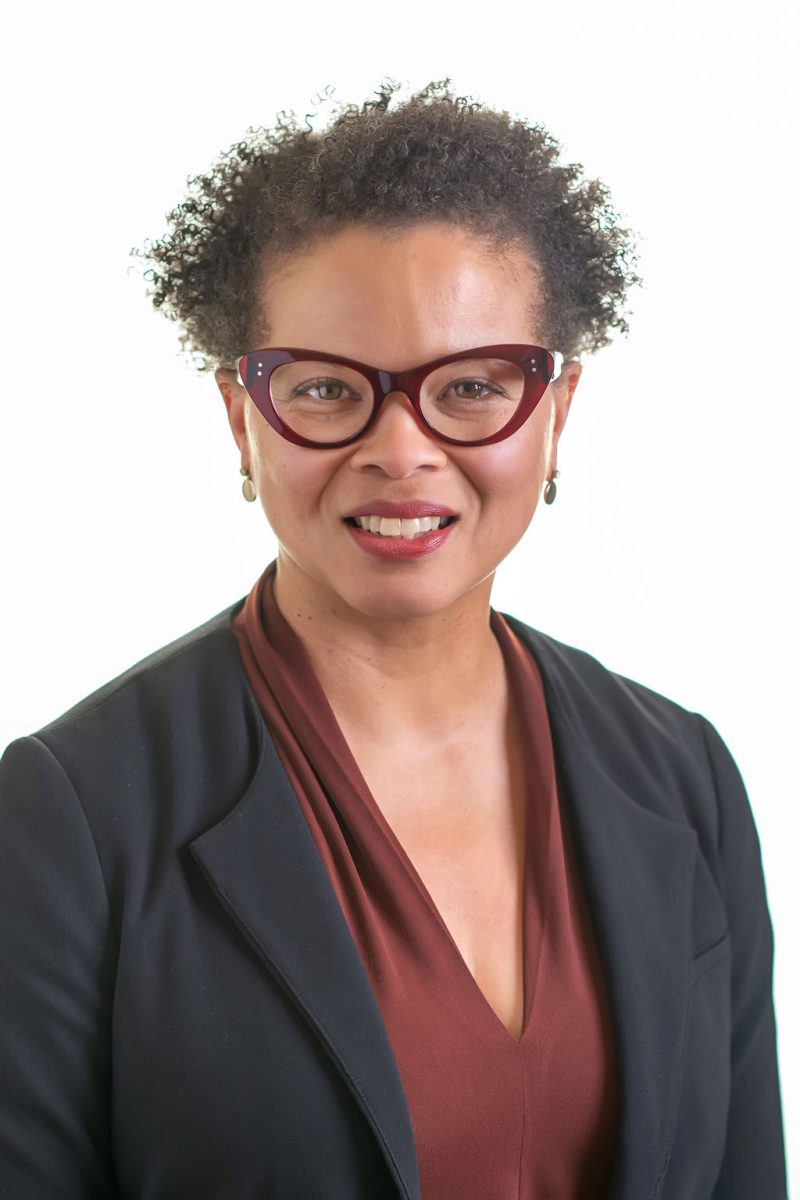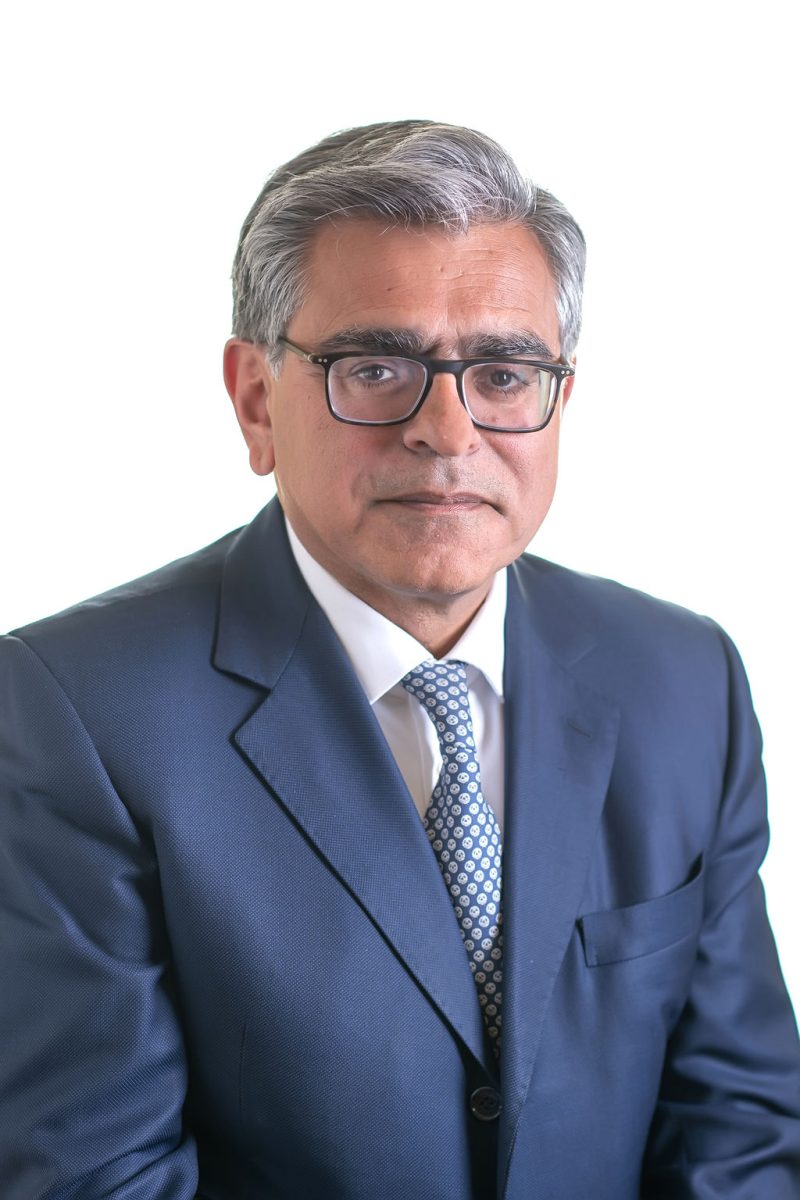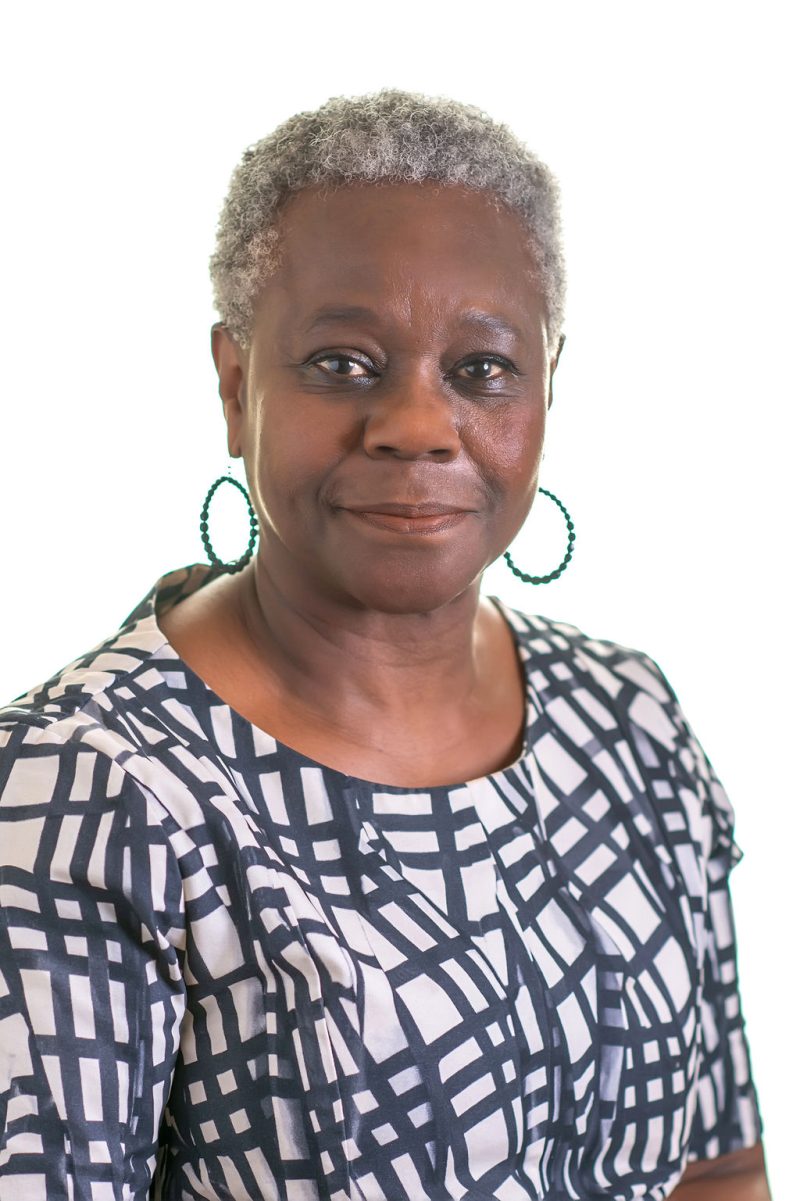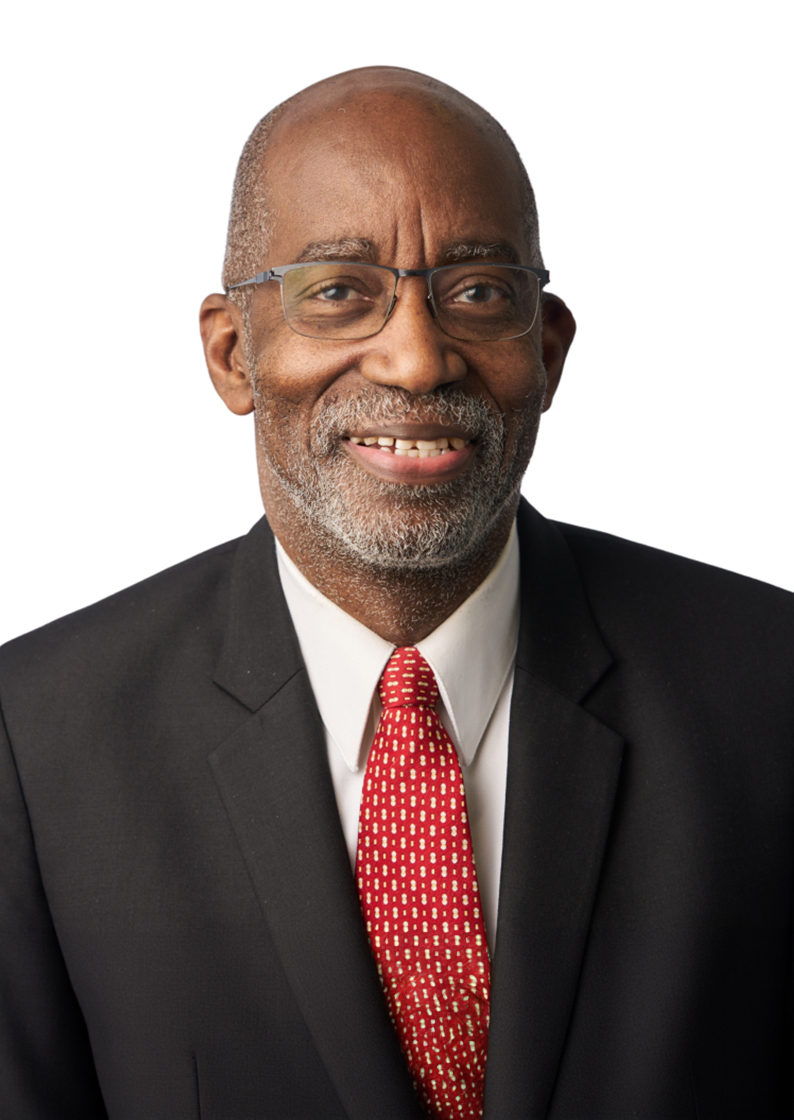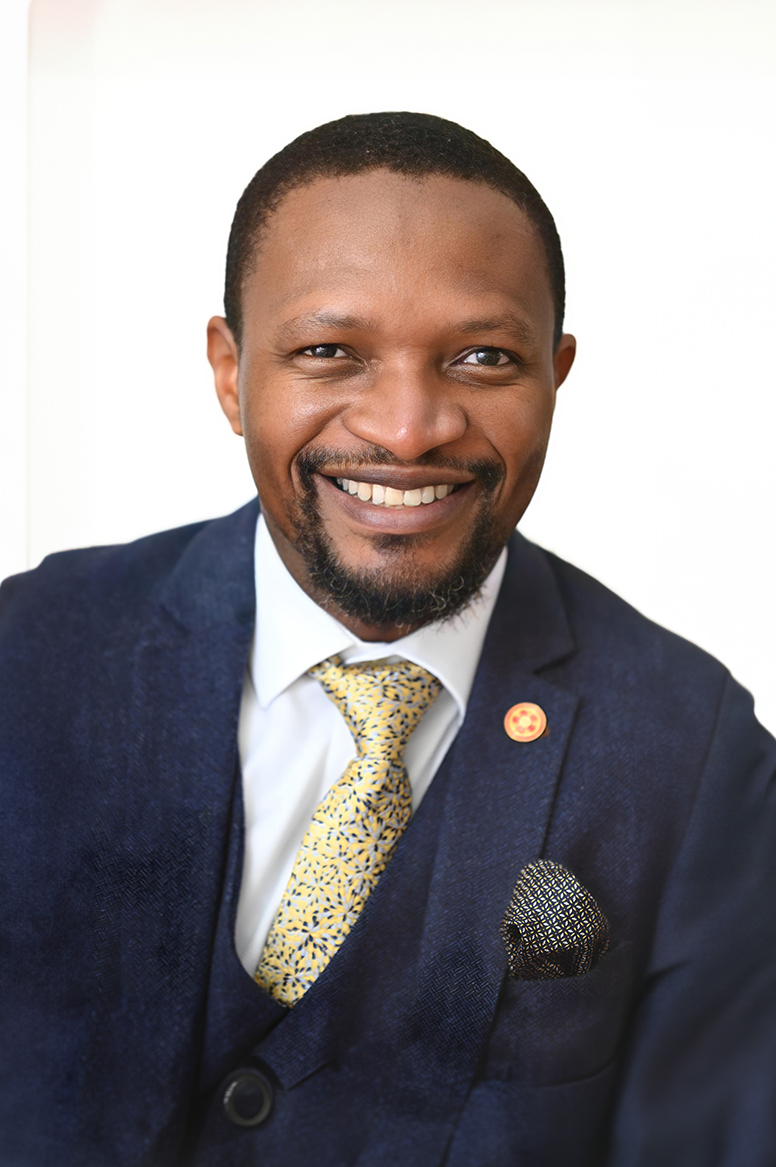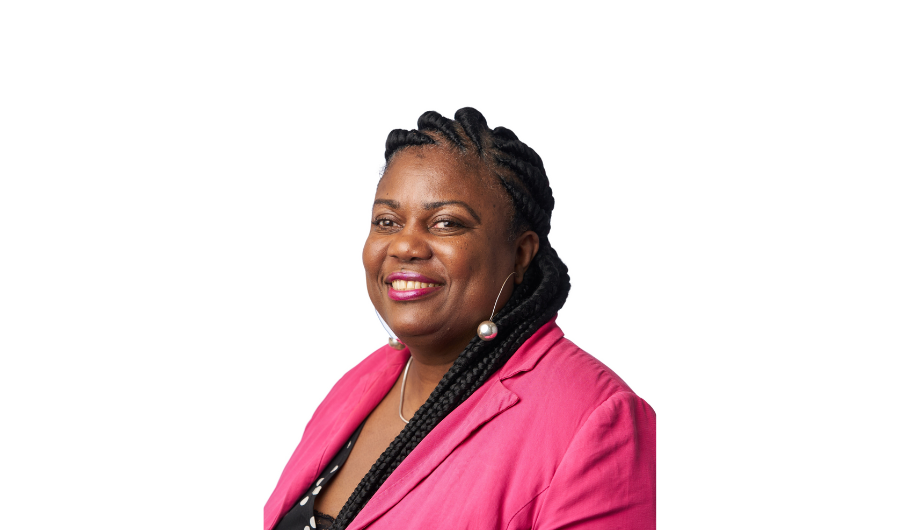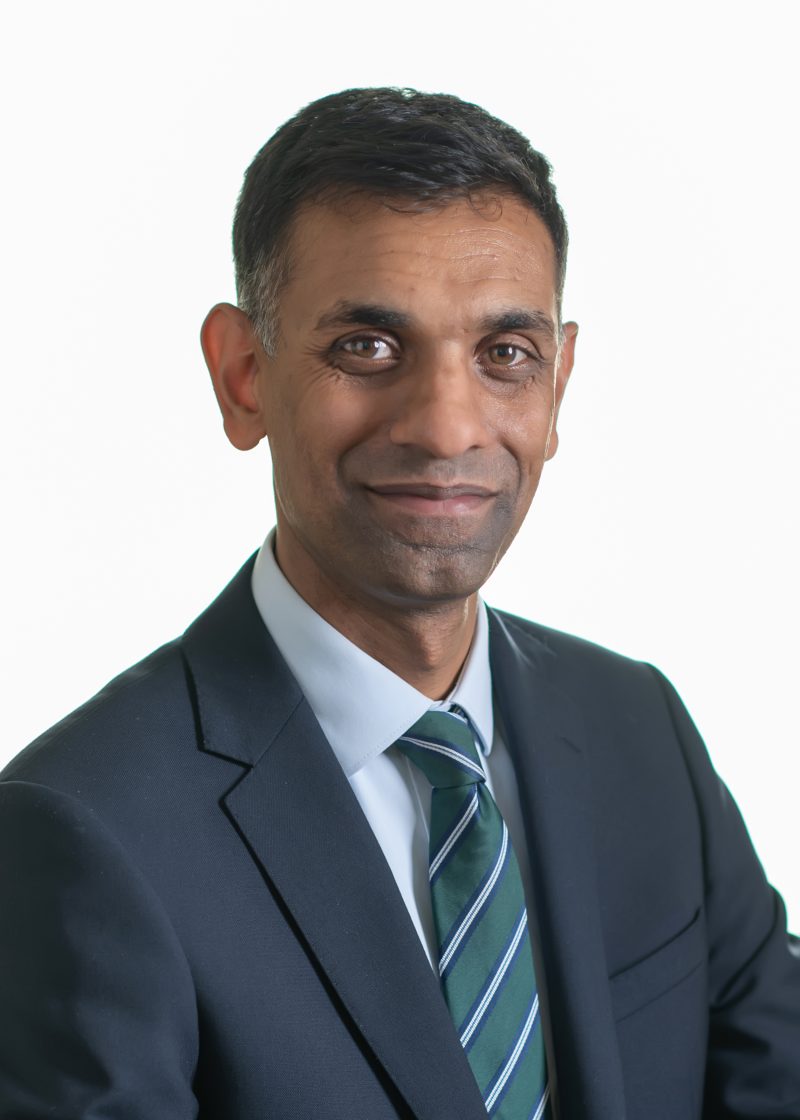About Us
The NHS Race & Health Observatory was established by the NHS in 2021 to examine ethnic inequalities in health across the country, and to support national bodies in implementing meaningful change for ethnic minority communities, patients, and members of the health and care workforce.
We work as a proactive investigator, commissioning new research and synthesising existing evidence to ensure that our health and care system works for everyone, regardless of their race. We make practical recommendations for national policy leaders and, crucially, we support the real-world implementation of those recommendations through innovative anti-racism methodologies.
We are an independent body, sitting far enough outside the health and care system to serve as a critical ally, but close enough to ensure that our work is firmly rooted in the day-to-day realities of patients and staff members.
Our ultimate aim is to help close the gap on ethnic inequalities in health and care. We’ll do this by gathering the best possible evidence, listening to the voices of those who interact with the health and care system, and building an enduring network of passionate and influential people who share our commitment to equality.
Our goals
Improving health and care – We are committed to focusing on areas in health and care that have long shown ethnic inequalities in access, experience or outcomes – working to reshape policy and practice so that they support fair health and care for all, from neonatal health to end of life care.
Empowering vulnerable communities – The most vulnerable in society are often those who experience the cumulative impact of health inequalities. Our work to identify and tackle ethnic health inequalities recognises the complexity of the social determinants of health as well as the resulting effect that can have on individual personal choices.
Innovating for all – Digital technology has great potential to improve how the health and care sectors deliver their services in a modern way, providing faster, safer, and more convenient care. It is essential that new and innovative approaches, technologies, and data collection structures are designed to help reduce ethnic health inequalities and tackle structural racism.
Creating equitable environments – We are committed to rebuilding and supporting health and care systems, change levers and management leadership behaviours to tackle ethnic health inequalities and promote quality of care, safety, compassion and a fairer experience for patients, NHS staff, and diverse communities alike.
Collaborating globally – We work both nationally and internationally, connecting with organisations and key stakeholders from across the country and around the world. We are committed to the sharing of innovative research, practice, and learning between communities and across borders.
RHO principles and values
- Objectivity – We are independent and objective; our recommendations and actions are guided by high quality research, evidence and insights from our stakeholders. We make clear practical recommendations based on this evidence and support the NHS and other bodies to implement it.
- Integrity – We will not shy away from difficult conversations, and we remain open to challenge and debate. Our processes and decision making will be transparent and any work we produce will be made available to all.
- Collaboration – We will collaborate nationally and internationally to ensure the rigour of our insight and recommendations, with the NHS and other stakeholders to ensure effective implementation and most importantly we will co-design and co-produce with the people and communities most affected.
- Impact – We will ensure that our work has tangible and sustained impact on reducing racial and ethnic inequalities in health and healthcare. Our work will transcend evidence and insight and lead to genuine transformational change.

